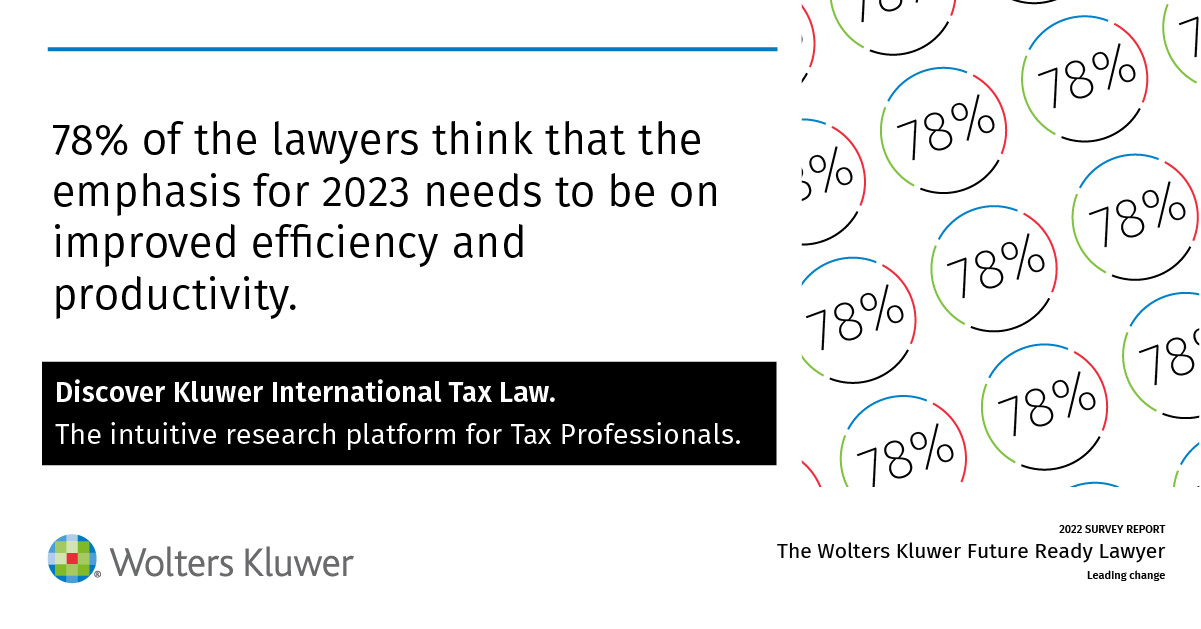This post answers the emails received requesting further information on the US Competent Authority, including statistics, based upon my Kluwer Tax Blog post of 25 August IRS Issues New Competent Authority And Advance Pricing Agreement Procedures.
The Office of the United States Competent Authority (USCA) includes both the Advance Pricing and Mutual Agreement (APMA) Program and the Treaty Assistance and Interpretation Team (TAIT). APMA has primary responsibility for cases arising under the business profits and associated enterprises articles of U.S. income tax treaties whereas TAIT handles cases arising under all other articles of U.S. income tax treaties, and under U.S. estate and gift tax treaties.
On June 26, 2014 the IRS launched the APMA website. Currently the site contains APMA program information, such as new procedures for APA user fees, published guidance, and tax treaty information. However, it does not, as of today, contain the new 2015 Revenue Procedures changes analyzed in the 25 August post.*
In 2014, the USCA reported it received 286 requests compared to the 266 requests of 2013 and 181 requests of 2012. It only managed to resolve 133 of these cases, down from 159 in 2013 with 718 cases remaining in pending status, a substantially higher backlog from the 524 in 2013 and 2012’s 90 resolved and 403 pending.
In 2015, the MAP backlog has grown to 762 open cases with an average cycle time of 24 months, leading to an average per IRS senior manager of 109 MAP cases and 13 MAP cases per IRS team leader, in addition to the APA open cases mentioned above. As of June 2015 the IRS reported that the Revenue Authority of India had already lodged 61 new transfer pricing mutual agreement procedures with total proposed adjustments of $1.25 billion. This is up from the 96 lodged a year earlier by India with $1.2 billion of adjustments and 56 in 2013 of $900 million of adjustments.
Case Resolutions by Adjustment Amounts1 2014
| U.S. Initiated Adjustments | Foreign Initiated Adjustments | Combined | |||
| Case Withdrawn by Taxpayer | 0.1% | 0.0% | 0.0% | ||
| Total Adjustment Withdrawn by Initiating Tax Authority | 10.7% | 10.8% | 10.8% | ||
| Full Correlative Relief | 39.5% | 5.8% | 13.4% | ||
| Partial Correlative Relief and Partial Withdrawal(Full Relief) | 0.3% | 82.2% | 63.8% | ||
| Partial Correlative Relief or Partial Withdrawal(Partial Relief) | 49.1% | 0.7% | 11.6% | ||
| No Relief | 0.4% | 0.5% | 0.5% | ||
| Percentage of Total Adjustment | 100.0% | 100.0% | 100.0% | ||
Structure and Staffing of APMA
APMA, the combined APA and MAP (transfer pricing and quasi transfer pricing cases only) function, under the immediate leadership of the IRS’ APMA Director Hareesh Dhawale. APMA now houses 73 team leaders, 22 economists, 11 APMA senior managers and a deputy director working in 10 teams (soon to be 11 teams) (three economist teams and eight team leader groups). In contrast to other IRS departments that are contracting, APMA is seeking to grow to 110 professionals through a new country group of a senior manager and nine team leaders. The APMA Program’s main office is located in Washington, DC, and it also has a significant presence in San Francisco and the Los Angeles area.
The country groups are:
- Australia, Austria, Germany, Japan, Kazakhstan, Netherlands, New Zealand, Russia & Ukraine
- China, Indonesia, Japan, South Africa & Thailand
- Canada, Italy & Luxembourg
- Denmark, India, Ireland, Norway, Sweden, Switzerland & UK
- Argentina, Canada, Caribbean, Jamaica, Mexico, Portugal, Puerto Rico, Spain & Venezuela
- Belgium, Canada, France, Greece, Hungary, Poland, Romania & Turkey
- Guam, Japan, Korea, Morocco & Philippines
- Israel
As of December 31, 2014, seven of these groups are team leader groups organized by country with each group having responsibility for a particular set of treaty partner countries, and three of the groups consist of economists. A new team leader group was added via new, internal hires in summer 2015, and APMA seeks a further ninth team leader group. Because of the large volume of cases with certain treaty partners, some countries are the responsibility of more than one group. This organizational approach based on geography is in contrast to the prior organizational focus on industries, although assignment flexibility will be maintained so that a person from a different geographic team will not be precluded from participating in a case where their expertise would be helpful.
Keep asking and I’ll keep answering … Prof. William Byrnes
*See Procedures for Advance Pricing Agreements (Revenue Procedure 15-41) and Procedures for Requesting Competent Authority Assistance under Tax Treaties (Revenue Procedure 2015-40) http://www.irs.gov/pub/irs-drop/rp-15-40.pdf andhttp://www.irs.gov/pub/irs-drop/rp-15-41.pdf (last visited August 30, 2015).
________________________
To make sure you do not miss out on regular updates from the Kluwer International Tax Blog, please subscribe here.
Kluwer International Tax Law
The 2022 Future Ready Lawyer survey showed that 78% of lawyers think that the emphasis for 2023 needs to be on improved efficiency and productivity. Kluwer International Tax Law is an intuitive research platform for Tax Professionals leveraging Wolters Kluwer’s top international content and practical tools to provide answers. You can easily access the tool from every preferred location. Are you, as a Tax professional, ready for the future?
Learn how Kluwer International Tax Law can support you.


